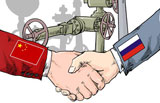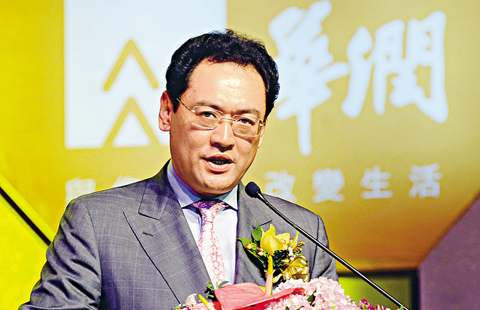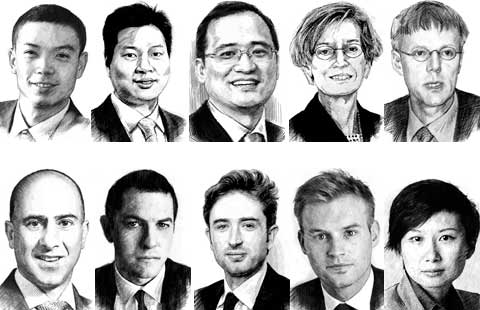China's P2P trading booms in 2014, while risks emerging
(Xinhua) Updated: 2015-01-02 14:32Wu Xiaoling, dean of the PBC School of Finance at Tsinghua University, put that concern bluntly: "Many P2P firms have become indirect financing vehicles for large projects. Very few platforms stick to the principle of serving small businesses only."
P2P firms, meantime, have their own concerns. It is increasingly difficult, they said, to be a "pure information intermediary" to attract investors, especially given that firms created by established banks or insurers offer much stronger assurances.
Harsh competition has already driven out some players. The CBRC said the heads of at least 150 firms this year have vanished.
But Shi insisted that although consolidation might be inevitable, P2P firms can survive by finding a niche market.
Zhengedai, a new loan product-searching website, serves as an example. Lenders can compare prices and identify suitable products from thousands of loan products by answering an online questionnaire.
An Xiaoyu, founder of the venture, said banks' shortfalls are what prompted him to set up the business.
A former loan officer at a major commercial bank, An found that a large number of people did not know where to get a loan, even though they were qualified applicants.
"Many people turn to intermediaries because they feel it is too hard to get loans from banks because of their complicated formalities," An said.
So far, the highly anticipated national P2P regulations, which are expected to draw the boundary of P2P firms' practices, have yet to be announced. Both An and Shi expected the day will come soon.
Shi said an urgent problem is the P2P businesses' lack of "status" - which means, in China's context, the regulator of these firms has yet to be confirmed, causing many operational problems.
"For example, say we want to find a bank to be a third-party custodian. But banks are reluctant due to our blurred status," he said.
Despite such problems, analysts said the rise of P2P firms, along with such emerging businesses as online payments, crowd-funding and online money market funds, has reshaped the mentality of investors, borrowers and banks alike.
"We know we are trivial compared with banks. But we hope that Internet finance can stimulate a new perception among the public toward financial services, just as the stock market did 20 years ago," Shi said.
"The hope is that banks will no longer make money lying still but standing up to serve customers. And we can make money kneeling before customers."
- China's P2P trading booms in 2014, while risks emerging
- China local govt bond markets gets fresh boost
- Chinese mainland records 125 IPOs in 2014
- 8.29m train trips made on Jan 1
- Three Gorges breaks world record for hydropower generation
- Anti-smoking legislation bears fruit, faces challenges
- China builds largest coal mine waste gas recovering project
- Surge in vacationing Chinese seniors drives travel business

















